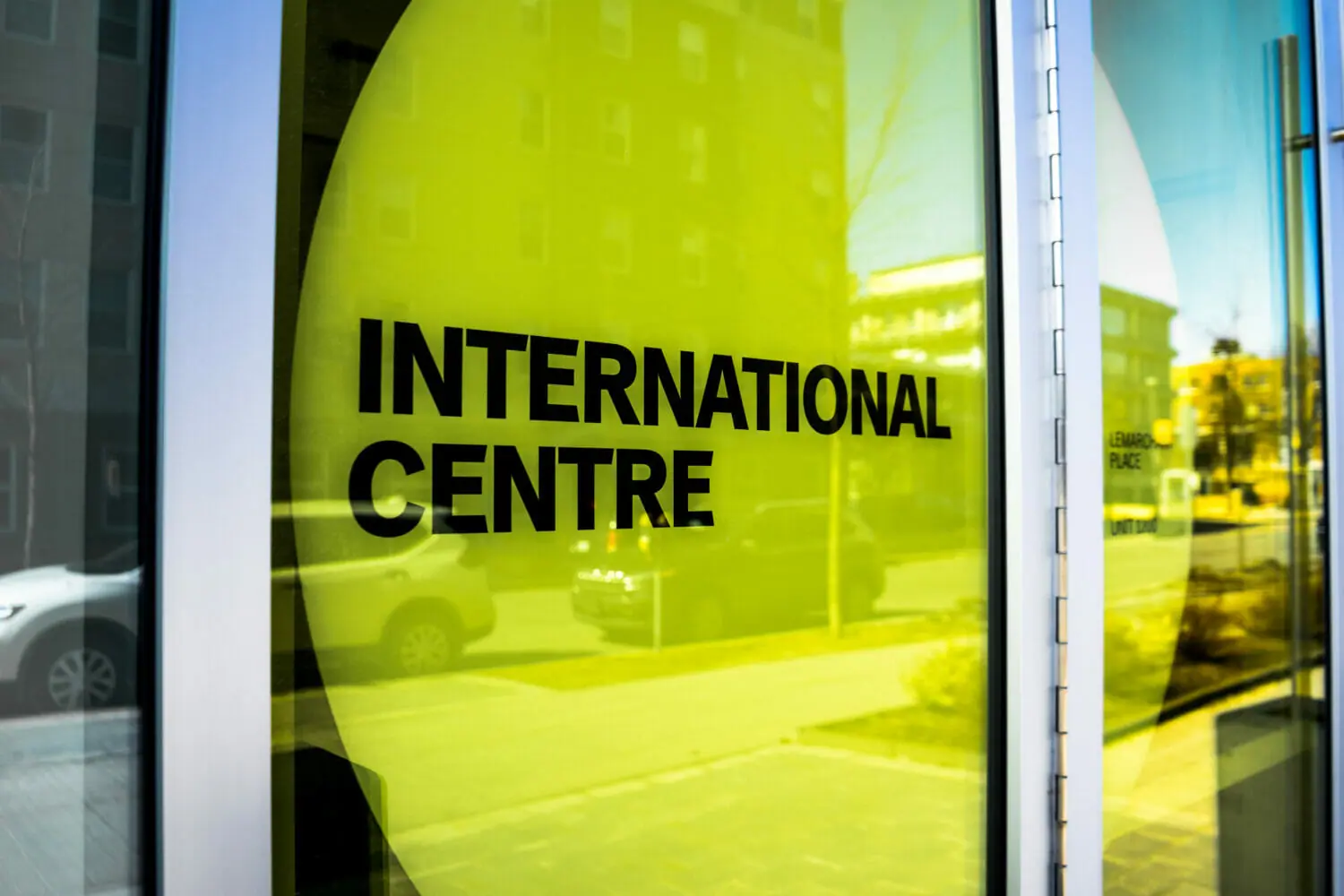Tuition for international students at Dalhousie University could jump by 30 per cent or more within the next four years.
For the seventh year in a row, the Budget Advisory Committee (BAC) at Dalhousie is recommending a three percent increase in general tuition for both international and domestic students. But this year, the committee is suggesting an extra 8.1 per cent increase for international students in all undergraduate and masters (non-thesis) programs, which would be accrued over the next four years.
“When I heard the rate of increase, I thought it was outrageous,” said Tabasa Shimada, an international student and the vice-president (External) at the Dalhousie International Student Association (DISA).
If approved, the increase would be grandfathered in – only applying to new students admitted for the fall of 2019 and after.
Students say increase is “unfair”
Tina Yue is a first-year international student at the faculty of science. She says not all international students can afford the increase in tuition.
“My parents made such a huge sacrifice for me to be here, because they sold their house. And my dad is currently unemployed, and my mom is working in China,” she said. “Everything we do … everything we buy we have to time it by the conversion factor.”
Although Yue went to high school in British Columbia, she chose to come to Dalhousie.
“I thought Dalhousie has lower tuition, so that’s why I came here,” said Yue.
Give us a reason
Teri Balser, provost and vice-president (Academic) at Dalhousie, said the tuition increase was proposed to offset the rising costs of running the university.
As reported by the BAC –– and reflected in numbers from Universities Canada –– international students at Dalhousie pay some of the lowest tuition fees compared to other U15 universities. U15 describes itself as a “collective of some of Canada’s most research-intensive universites,” on its website. According to Balser, the four-year plan to increase tuition for international students will help the university move to the U15 tuition average.
Shimada said comparing Dalhousie to other U15 universities is “unfair” because it doesn’t take into account that Nova Scotia has the lowest minimum wage and some of the highest taxation rates in Canada. So, international students at Dalhousie would make much less money compared to international students in other U15 universities, even if they work the same hours.
Shimada also pointed out that funding options are limited for international students because full-time international students can only work 20 hours off-campus during the regular academic year.
Currently, the Dalhousie Student Union offers an emergency fund for international students in financial difficulty due to unforeseen circumstances. However, the fund is not well advertised outside of the DSU website. Students in their first year or part-time students are not eligible to apply.
“If the students can’t pay their fees on time, they won’t be able to produce the necessary documents to renew their study permit. It will make it even harder for international students to feel safe and be ready to study without worrying about their status in Canada,” said Shimada.
Balser said the committee is planning to allocate additional funds to offset financial hardship for international students; but these plans are still “evolving.”
International services are inadequate
According to Dalhousie’s operating budget for the current academic year, the university allocates “$350,000 to faculties and units most impacted by and support services related to growth in the number of international students.”
Both Shimada and Yue said they hadn’t seen any specific support for international students within their faculties.
“The university needs to be more transparent,” said Shimada. “It just goes into this big pot of money when we pay, and everything gets mixed together.”
At the BAC feedback session held in the Student Union Building, Balser said she will investigate whether faculties are spending the money allocated to them effectively.
Shimada said Dal’s International Centre is the only source of student support for international students on campus, but the centre has reached maximum capacity. According to Shimada, the waiting times for advising appointments can sometimes reach two weeks.
No regulations
Although domestic tuition increase is capped at three per cent annually by the provincial government, there are no similar regulations for international tuition. Shimada said international students are at a disadvantage because they can’t affect policy-making.
“We should be protected the same way as the domestic students. Just because we are here as temporary residents doesn’t make it OK for the school to use us for the sake of money,” she said.
Shimada feels the university ignored international students, as they weren’t consulted in the process of making the budget plan. The BAC has two students on the panel –– one of them used to be an international student, but is no longer one.
After DISA released its statement opposing the proposed tuition hike, Shimada said the parent of a prospective international student sent her a Facebook message.
“They actually said that it might stop them from coming to Dal because it becomes too expensive. They said they were going to write to the Provost.”
Shimada wants the university to stop the tuition increase for both international and domestic students. She said DISA is urging all students to sign a petition against the increase.
The Board of Governors is set to vote on the BAC budget proposal on April 16.


Recent Comments